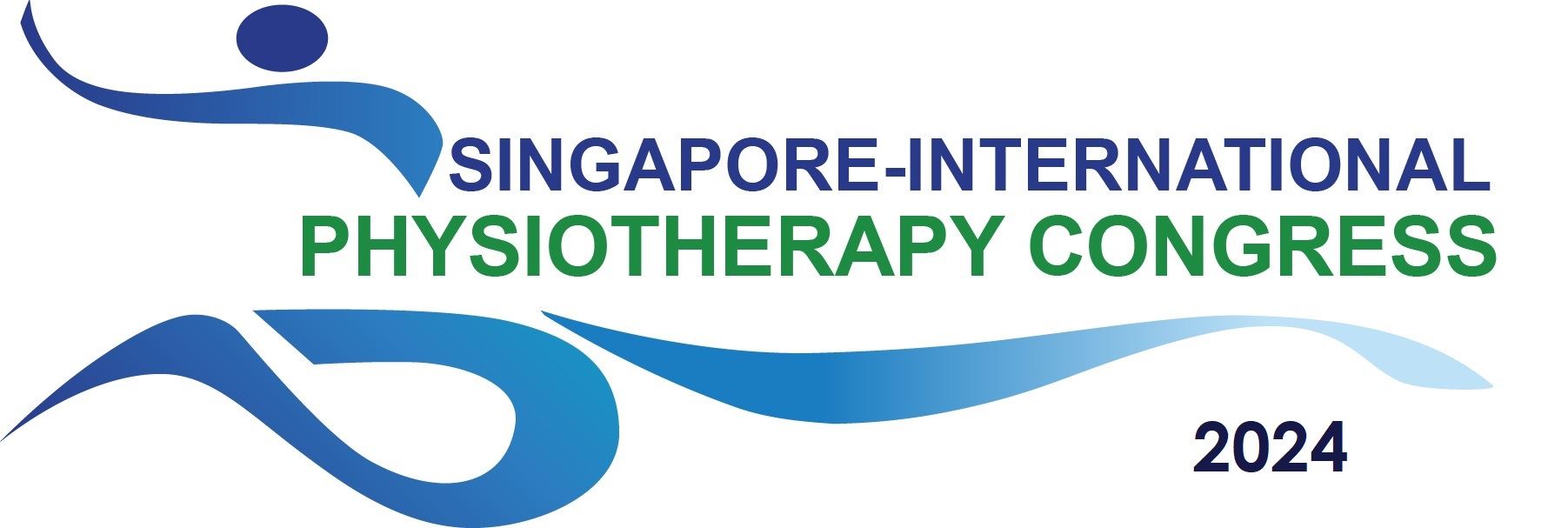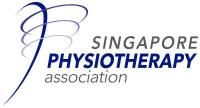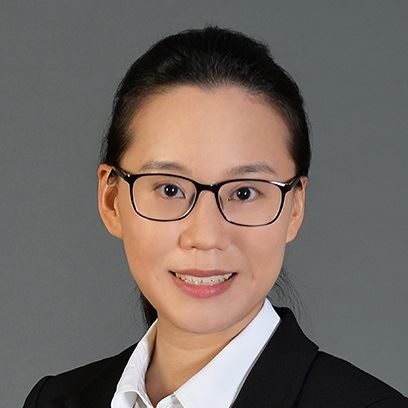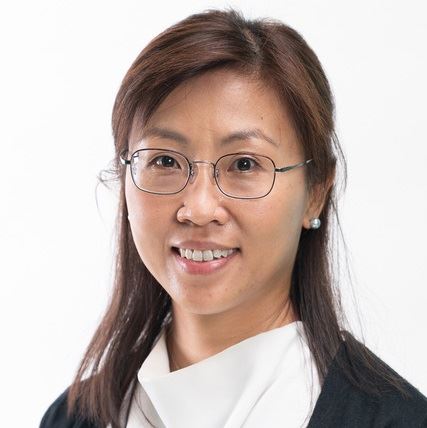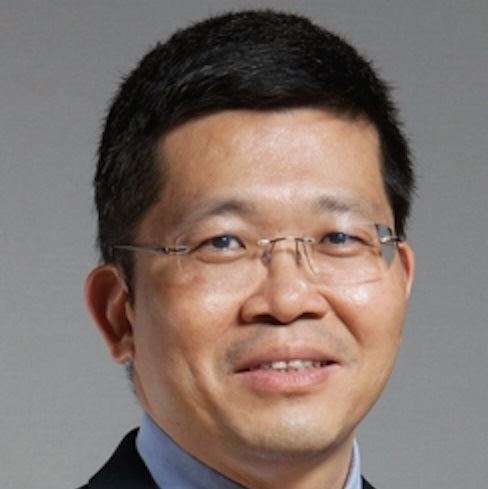Symposium 10 - Neurology 3Regenerative Rehabilitation: What Holds in the Future? Learning objectives
Symposium Speaker and Convenor: Assistant Professor Choo Pei Ling, Singapore Institute of Technology Topic title: Progressing the Field of Regenerative Rehabilitation using Brain Imaging Biography: Dr Choo Pei Ling is Assistant Professor with the Health and Social Sciences Cluster at Singapore Institute of Technology (SIT). A neuroscientist and physiotherapist trained in Scotland, UK, Dr Choo has significant overseas academic and clinical experience in neurological rehabilitation. Her research exploits multi-modal neuroimaging methods (i.e. fMRI, DTI) and 3D human motion capture to study neural mechanisms of sensorimotor recovery in ageing/disease, so as to realise regenerative and precision rehabilitation. Adept at leading and building multidisciplinary collaborations, Dr Choo is a firm believer of good science and translational research.
Speaker: Professor Chew Sing Yian, Nanyang Technological University Topic title: Regenerating Neural Tissue: The Role of Biofunctional Scaffolds Biography: Dr. CHEW Sing Yian is a Professor of Biomedical Engineering at the School of Chemistry, Chemical Engineering and Biotechnology (CCEB), the Lee Kong Chian School of Medicine and the School of Materials Science and Engineering at Nanyang Technological University (NTU), Singapore. She is also a Fellow of Tissue Engineering and Regenerative Medicine (FTERM). She is known for her contributions in designing biomimetic scaffolds to understand and control cell fate. Dr. Chew’s most significant contribution is in the field of scaffold-mediated delivery of gene-silencing and biomimicking physical signals for neural tissue regeneration and remyelination. Specifically, her lab engineers bio-functional platforms for long-term delivery of biologics. These scaffolding constructs may be used for understanding and directing neural tissue regeneration after traumatic injuries, stem cell fate and host-implant integration.
Speaker: Associate Professor Wee Seng Kwee, Tan Tock Seng Hospital, Singapore Institute of Technology Topic title: Regenerative rehabilitation: Forging New Frontiers Biography: A/Prof Seng Kwee Wee is a Senior Principal Physiotherapist who has been working in Tan Tock Seng Hospital for the past 30 years. He graduated from King’s College London with a Bachelor’s degree (Hons) Physiotherapy in 1994 and obtained his PhD in Neurorehabilitation from the University of Southampton, United Kingdom in 2015. Currently, he holds a joint appointment as Associate Professor at the Singapore Institute of Technology. He has been sharing his expertise in neurorehabilitation, vestibular rehabilitation and robot-assisted therapy via workshops conducted in Asia-Pacific and Europe since 1999. He has special interest in Trunk Rehabilitation in neurological patients and his trunk research work has been cited numerous times in various clinical practice guidelines in stroke management (Canada, Australia and New Zealand), Cochrane Review and neurorehabilitation textbooks. Currently, he is one of the pioneer physiotherapists who is involved in the First-in-Asia groundbreaking research on using epidural spinal cord stimulation combined with conventional physiotherapy and robotic exoskeleton therapy to improve functional mobility in people with sensorimotor complete spinal cord injury. He is pivotal in developing the intensive rehabilitation protocol post spinal cord stimulator implantation. |
